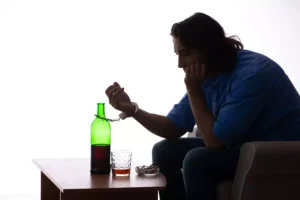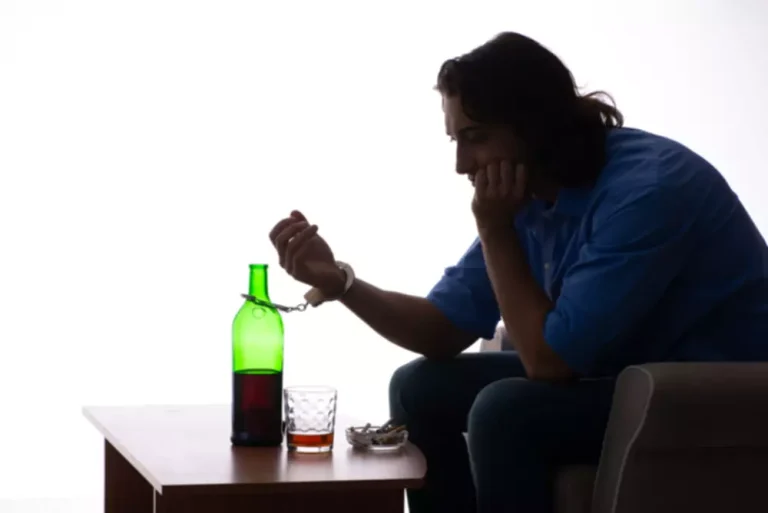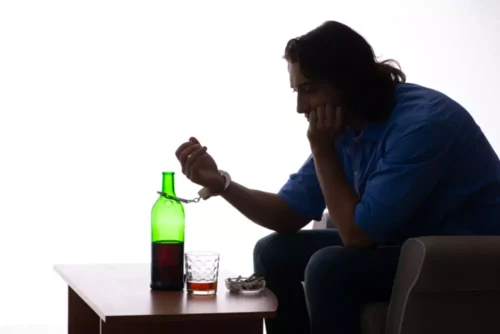Alcohol Withdrawal: Symptoms, Treatment, and Support

They will initially be milder, with a headache, tremors and mild anxiety being the first symptoms. While mild at first, they will begin to intensify as withdrawal progresses. Your doctor may also use a questionnaire like the Clinical Institute for Withdrawal Assessment for alcohol revised scale (CIWA-Ar) to determine the severity of your withdrawal symptoms. When you engage in chronic heavy drinking, your brain adapts to the presence of alcohol in your blood to maintain homeostasis (a balanced state).

Day Two

Those with very mild symptoms can receive treatment as outpatients but may require the support and help of family and close friends for help. There are two types of alcohol withdrawal, acute withdrawal and post-acute withdrawal, also known as ‘PAWS’. Acute withdrawal occurs in the first hours and days after you stop drinking, whereas PAWS can last for weeks or even months.

Delirium Tremens
- The long-term outlook for alcohol addiction treatment depends on the extent of organ damage and whether the person continues to drink after rehab.
- When that person cuts out alcohol, there is a period when their brain hasn’t yet received the message and still overproduces the stimulating chemicals.
- While everyone’s experience is different, learning more about the typical withdrawal timeline can help you set expectations and make a plan to get through challenges.
- The person should also try to eat three well-balanced meals per day and drink enough water to remain hydrated.
- However, some people may find that their symptoms persist for longer.
- A relative or friend must stay with you to monitor your condition.
- Dopamine also assists with the body’s sense of attention, motor coordination, cognition and mood.
They can start as soon as two hours after the last drink or as late as four days after quitting alcohol. Symptoms of withdrawal are an indication of dependence on a substance. You should talk to your doctor before you reduce or stop taking a medication or drug for advice on how to do so safely and minimize potential withdrawal symptoms. Your doctor may be able to help if you are having trouble managing your symptoms and provide medical supervision to ensure your safety as you detox from a substance. In some instances, more severe symptoms such as hallucinations, seizures, and delirium may also occur. The type of drug you were taking, the amount of time you were taking it, and the dosage you were taking can all affect the type and severity of the symptoms you experience.
- People who drink daily or almost every day should not be left alone for the first few days after stopping alcohol.
- “The third day sober feels like I’m in a big black hole and under great pressure—hard to breathe, future feels bleak, lost an old trusted friend in alcohol, can’t find an alternative.”
- This depends on the individual and the results of laboratory tests that their doctor may order.
- Symptoms of alcohol withdrawal tend to peak 24 to 72 hours after your last drink.
- Symptoms of alcohol withdrawal can occur after a person suddenly stops drinking or suddenly strongly reduces drinking after prolonged and heavy exposure to alcohol.
Conditions
Whereas some experienced mild symptoms in the early days, others reported severe, sometimes frightening ones. Most of those who experience severe alcohol withdrawal symptoms do so because they’re going through their detoxification period “on their own” without the benefit of medical help. Alcohol withdrawal (alcohol withdrawal syndrome) is a range of symptoms that can happen if you stop or significantly reduce alcohol intake after long-term use.
If you already have alcohol use disorder, it’s important to seek counseling and medical care as soon as possible. The goal is to safely and gradually decrease your dependence on alcohol so that you can resume your daily life. Alcohol withdrawal syndrome (AWS can cause a range of symptoms, from mild anxiety and fatigue to severe hallucinations and seizures. In extreme cases, it can be life threatening. Those who experience severe withdrawal may begin to feel delirium tremens (DTs) symptoms between 48–96 hours after discontinuing alcohol use. If you are at risk for delirium tremens, it is highly recommended you undergo your detox under medical supervision for your safety, as DTs symptoms can be fatal.
In a recent study, 95% of people had symptoms that lasted between 2-8 days. Several factors like how long a person has been drinking, age or weight can also impact the length or severity of withdrawal symptoms. Do not hesitate to seek medical attention during any phase of alcohol withdrawal.
Are there any alcohol withdrawal medications available?

Alcohol withdrawal occurs when you cut down on or stop drinking alcohol after heavy alcohol use. The symptoms can increase in severity if you experience multiple periods of withdrawal.There are many risks of long-term or heavy alcohol use. It is important to contact your doctor if you feel you may be experiencing alcohol use disorder or dependent drinking.
- Roughly every second person living with an alcohol use disorder will develop symptoms due to alcohol withdrawal when drinking is strongly reduced or stopped.
- Withdrawal is the combination of physical and mental symptoms a person experiences after they stop using or reduce their intake of a substance such as alcohol and prescription or recreational drugs.
- That’s why it’s vital to consult a physician before you stop drinking in order to create a plan to stop drinking or taper down safely.
- There are two types of alcohol withdrawal, acute withdrawal and post-acute withdrawal, also known as ‘PAWS’.
- Symptoms can begin within 6–12 hours and typically last about 5 days.
- Alcohol withdrawal syndrome (AWS) describes a broad range of symptoms a person with AUD may experience when reducing or stopping alcohol misuse.
- Vitamins such as thiamine and folic acid will need to be supplemented.
The Science Behind Alcohol Withdrawal Symptoms

Polysubstance abuse can complicate the detox process and make medical care more necessary. In a recent study on alcohol withdrawal, 37% of people detoxing at a rehab facility or medical center were detoxing from multiple substances, alcohol withdrawal compared to only 15% of people detoxing at home. Professional alcohol withdrawal treatment and medical detox focus on creating a safe, stable and comfortable environment for the client to experience the withdrawal process. Depending on the individual’s symptoms and risks, detox may include observation and monitoring only, while others may include intense medical interventions to limit danger and life-threatening consequences. Still, if you’re experiencing withdrawal symptoms, it’s essential to get evaluated by a healthcare professional. Depending on the severity of your symptoms, your doctor may recommend monitoring a medical setting or at home.


